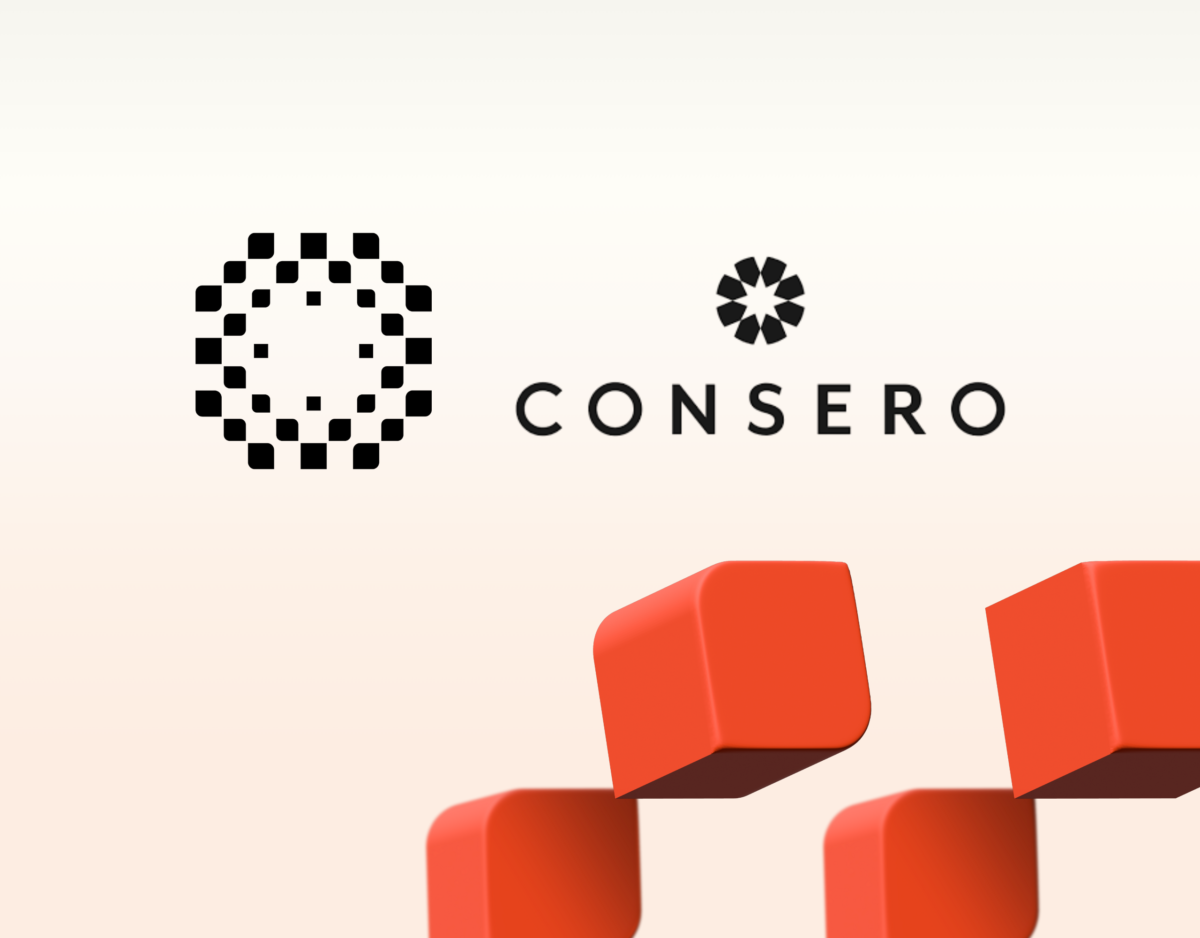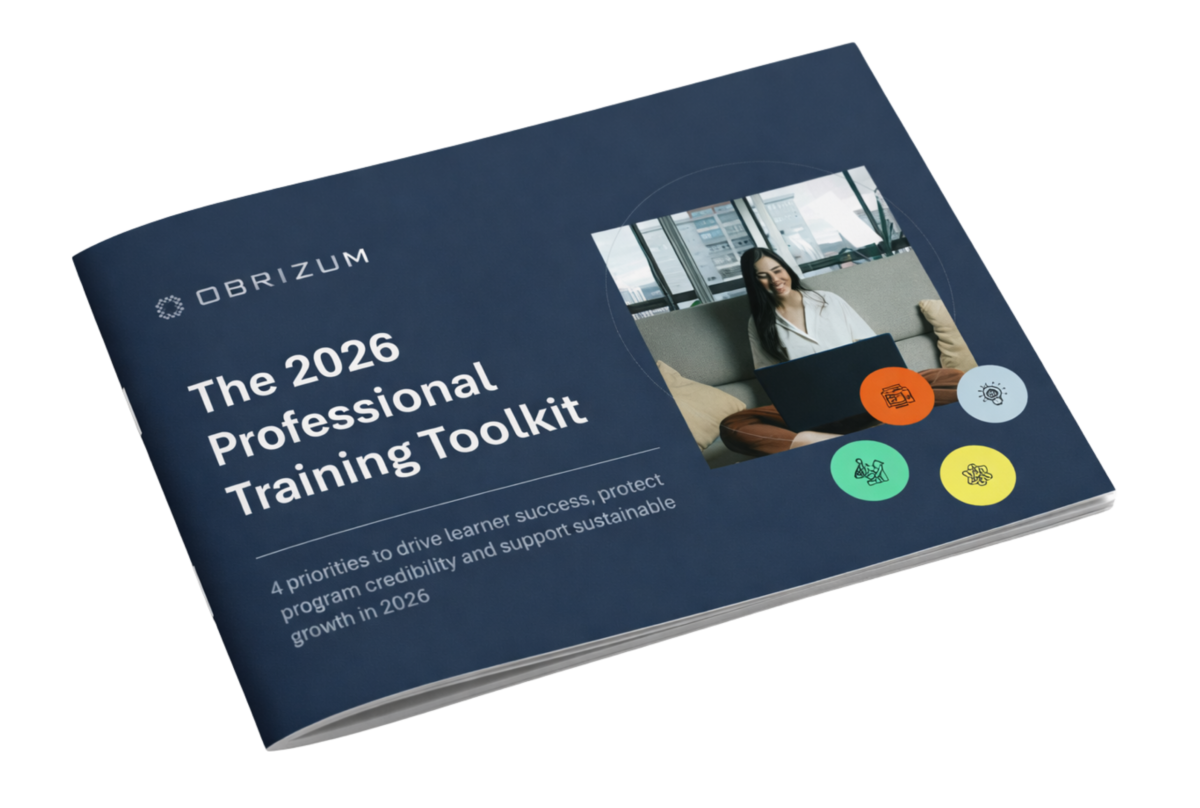
Published on 12th June 2023
It’s time to revolutionise corporate learning to keep our workforce empowered
Following our attendance at the CIPD Festival of Work Exhibition at London Olympia last week, we discuss how learning technology is reshaping the workforce of the future.
The CIPD Festival of Work showcased the world of HR, L&D, internal communications and more, and this year it celebrag the innovation and evolutions taking place across the world of work and the driving force behind it all: the people!
The growing and talented workforce keeps the innovation fires burning as the market calls for new solutions to keep up with the twists and turns of the business landscape. In return, these instrumental individuals must be armed with the tools to keep ahead of the curve and deliver on the expectations laid out by their organisations.
At the heart of this commitment is a culture of learning and a promise to empower workers with the relevant corporate training and knowledge sharing to support them in their roles. HR and L&D are central to upholding this, but it isn’t a small undertaking.
Traditional linear digital training programmes often fall short of what they’re intending to deliver; they offer a one-size-fits-all approach to learning which means the unique needs of each worker are not being met.
The manual task of keeping programmes up-to-date and relevant to each learner is extensive, meaning the job altogether sometimes falls by the wayside.
At the same time, the capabilities of exciting technologies like artificial intelligence have exploded. Suddenly, we have a business-critical requirement that needs automating, and a technology that exudes efficiency and productivity. Naturally, the two go hand in hand.
AI-powered learning technology is an enabler of tailored corporate learning and greater productivity within organisations. When applied effectively, it is a tool that will contribute to and facilitate the corporate learning revolution.
Striking the right balance
The applications of AI within L&D have rapidly advanced in recent months, with generative AI models still dominating the headlines.
There’s no doubt about it, AI is a hugely beneficial tool for driving productivity and efficiency by leveraging capabilities that may be lacking in the tools that are currently available to the workforce. For instance, regardless of experience or expertise, we’ve all found ourselves in a creative rut from time to time, in need of a helping hand to overcome the ‘blank paper problem’. For that, AI can be hugely valuable to guide us in the right direction.
However, it should not be over-relied upon.
AI should only ever be used to complement human expertise. It cannot, for example, replace the depth of knowledge and decision-making abilities of subject matter experts. It is essential to differentiate between AI’s ability to provide information and its capacity to truly understand and make informed judgments. Human beings are, and will remain our greatest asset for establishing competitive advantage and driving innovation.
In a rapidly developing and changing world, robust knowledge transfer processes are of paramount importance to organisations to ensure employees are working with the most up-to-date, relevant insights to avoid misinformation. And this is where AI naturally slots in.
The future of learning
AI offers tremendous potential for driving efficiency and productivity in corporate learning. By integrating AI in L&D processes, organisations can enhance knowledge transfer, tailor training programmes, and empower employees with ways of acquiring new skills rapidly.
It is crucial to strike a balance between AI and human expertise, recognising the unique value that employees bring. With a proactive approach to employee training and AI integration, organisations can harness the full potential of AI as a catalyst for growth and success in corporate learning.






